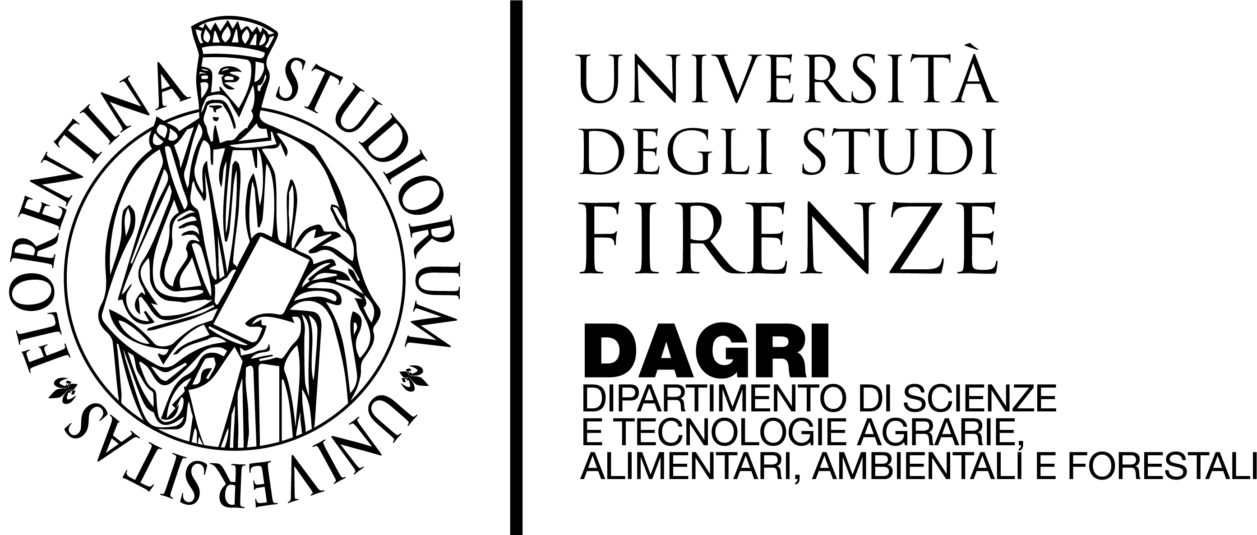


International Conference
Florence, 16 October 2020, 16.00-18.30
Click here to register and to follow the conference
Agriculture and Forest Heritage Systems
In the framework of the 20th Anniversary Celebration of the European Landscape Convention, HORIZONS srl, together with the DAGRI Department of the University of Florence and UNISCAPE – is promoting a meeting on agricultural heritage systems as part of the project “GIAHS- Building Capacity” funded by the Italian Agency for Development Cooperation, in collaboration with FAO, the International Union of Forest Research Organization and EUCALAND.
According to the FAO definition Agricultural Heritage systems are remarkable land use systems and landscapes which are rich in globally significant biological diversity evolving from the co-adaptation of a community with its environment and its needs and aspirations for sustainable development. Today these systems are highly relevant for their present and future capacity to provide food and livelihood security, to contribute to human well-being and quality of life, and to generate other local, national and global economic and environmental goods and services to its community and wider society. They are also contributing to fight some of the most pressing challenges facing humanity, in particular climate change and natural disasters, loss of biodiversity, safe water, unequal access to food, migration, urbanization, social marginalization and economic inequalities. This approach is also particularly important in the present times considering the COVID-19 pandemic requiring a different development model revitalizing rural areas, reducing density and intensity of socioeconomic activities in limited portion of the territory.
These changes can be met with a landscape approach taking advantage of lesson learnt form the application of the European Landscape Convention, with systematic efforts to build a generalized shared dimension of multiple landscape preservation and design strategies at national and international level that are progressing towards true inclusiveness. The landscape model has stimulated traditional scientific, educational and productive categories to systematically acknowledge the need to redesign their boundaries, step out and engage with paradigms that fully embrace that complexity of life in a globalized world so clearly evidenced by environmental and social issues. The meeting will bring together scientists from different parts of the world discussing the role of agricultural heritage system focusing on agriculture and forestry.
TOPIC 1 | Governance and restoration of forest heritage systems
The use of sustainable ecological practices is a key feature distinguishing resilient forest heritage system developed over centuries, based on long experience and proven traditions. This kind of forestry has ensured sustainable yield over time, thanks to time-tested technologies and traditional know-hows, adapting to difficult and diverse environmental conditions. The identification, planning and restoration of forest heritage systems aims at integrating human society and the environment, according to the sustainable development goals, taking landscape as the main unifying perspective. The session is intended to explore planning approaches and restoration methodologies applying to forest heritage. The session is co-organized with the International Union of Forest Research Organizations (IUFRO).
Chair: Dr. John Parrotta, President, IUFRO
Presentations:
- Elisabeth Johann (Austrian Forest Association/IUFRO, Austria) – Coppice forests: The re-introduction of traditional management systems in response to the decline of species and landscape and under the aspect of climate change
- Ian D. Rotherham (Sheffield Hallam University/IUFRO, UK) – How Landscape History and Tradition Present Challenges for Present and Future Forest Management
- Tereza Blažková (Charles University & Labrys NGO, Prague, Czech Republic), Jiří Woitsch (Czech Academy of Sciences, Prague, Czech Republic) – Different stories of mountain spruce forest heritage in the Bohemian Forest, Central Europe: Conflicting issues or a way for finding more effective management and protection policies?
- Lars Östlund (Swedish University of Agricultural Sciences, Sweden) – Strategies to protect the ancient cultural forest landscapes in northern Europe – how to interpret seemingly natural old-growth forests with new methods
- Katie Kamelamela (Akaka Foundation for Tropical Forests, Hawaii, USA) – Revitalization of Cultural Values in Hawaii’s Forested Landscapes through Consensus
- Mónica Gabay (National University of San Martin, Argentina), Hugo Arce (Universitat Oberta de Catalunya, Spain) – Enhancing forest cultural values and traditional knowledge reproduction in San Pedro, Province of Misiones, Argentina
TOPIC 2 | Governance of agricultural heritage systems
Agriculture is often considered as one of the main drivers of the negative trend that is being followed, representing the greatest immediate threat to species and ecosystems. Nevertheless, when agriculture is practiced in a sustainable way, it can preserve landscape, biocultural diversity, protect watersheds, and improve soil health and water quality. The identification, documentation and safeguard of agricultural heritage systems that have survived providing many services to the ecosystem, ancestral knowledge transmitted through generations and strong cultural and social values, intends to contributes to a new vision for the future of the planet. The session is co-organized with EUCALAND Network.
Chair: Dr. Alexandra Kruse, EUCALAND Network; Dr. Fabiana Navia, University of Porto, Portugal.
Presentations:
- Alexandra Kruse (EUCALAND), Martina Slamová (Technical University in Zvolen, Zvolen, Slovakia) – Old but not old fashioned: Agricultural Landscapes as European Heritage and basis for sustainable multifunctional farming to earn a living
- Yves Michelin (Université Clermont Auvergne, Clermont-Ferrand, France) – Making the geological landforms more understandable in the landscape by supporting and modernizing the traditional grazing systems: a new governance system in the Chaine des Puys – Limagne fault UNESCO Site that could inspire other places
- Zdeněk Kučera, Zdeněk Boudný, Vít Jančák (Charles University, Prague, Czech Republic) – Changing meanings of agricultural landscape heritage: the case of Czechia
- Eleni Athanasiadou (Aristotle University of Thessaloniki, Thessaloniki, Greece), Aikaterini Gkoltsiou (IFLA Europe / Panhellenic Association of Landscape Architects, Athens, Greece), Angeliki Paraskevopoulou (Agricultural University of Athens, Athens, Greece) – Agricultural Heritage Landscapes of Greece: three case studies and strategic steps towards their acknowledgement, conservation and management.
- Jana Špulerová, Zita Izakovičová (Institute of Landscape Ecology, Bratislava, Slovakia) – The selected indicators for typology of biocultural landscapes in Slovakia
- Viviana Ferrario (Università Iuav, Venice, Italy) – Agricultural heritage at stake in Italy and the ELC. National policies and bottom-up initiatives
- Fabiana Navia (University of Porto, Portugal) – The vertical productive system in the Charazani Valley, Bolivia
SCIENTIFIC COORDINATORS OF THE SPECIAL SESSIONS
Mauro Agnoletti, John Parrotta, Alexandra Kruse, Antonio Santoro, Martina Venturi


